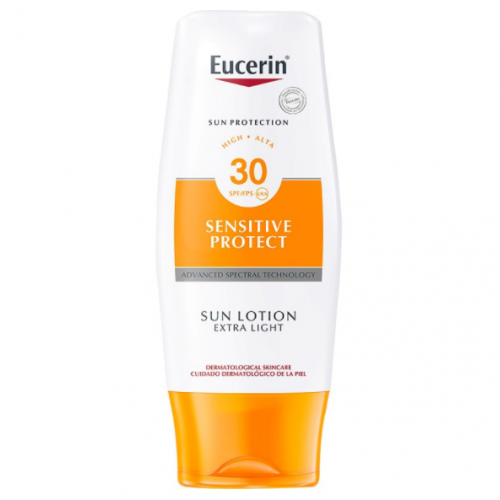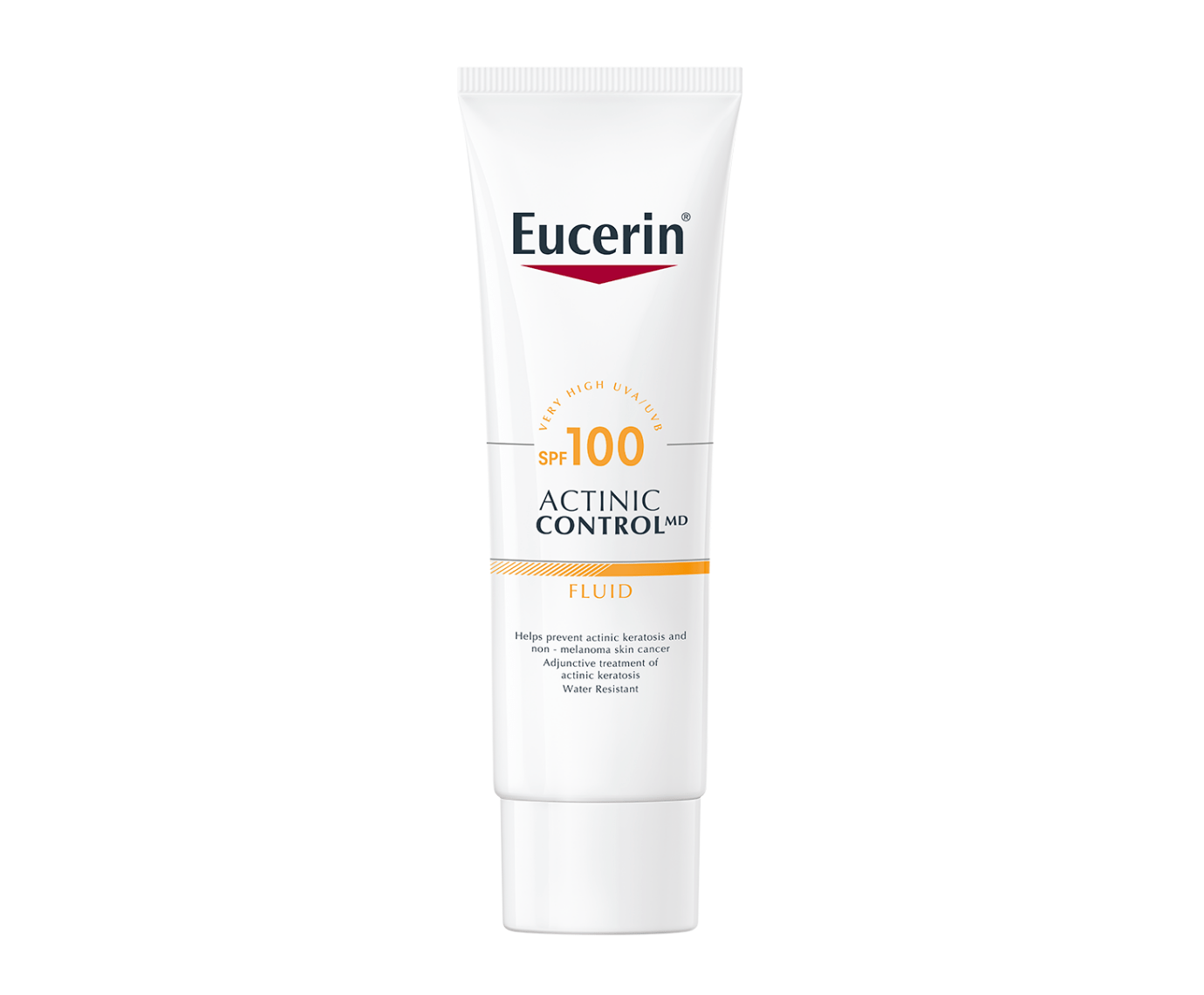

When it comes to sunscreen, however, benzene absorption through the skin is less studied. Federal health officials are mostly concerned about benzene inhalation since this is usually how individuals are exposed to the chemical through cigarette smoke, gasoline odors or chemical fumes in paint or through leaks in particular.

California's Proposition 65 lists the chemical as a reproductive toxin as well. Why is benzene bad for your health?ĭepending on how long you're exposed to it (and how it enters your body), benzene may impact your immediate health as well as influence cancer risk. Some sunscreens indicated in Valisure's study contained nearly three times the FDA-approved limit of benzene within pharmaceuticals in general, but it's currently unclear if anyone has suffered immediate symptoms from any of the study's implicated products. "Benzene contamination may occur in many alcohol spray applications, and in some alcohol or aloe vera-based lotions." "It's not an ingredient that is added to sunscreen, and likely, occurs as a contaminant, a byproduct of manufacturing, or in the production of another raw material, like alcohol or aloe vera," explains Laura Cohen, M.D., a board-certified dermatologic surgeon serving as President and CEO of CoLabs International. So how did benzene end up in sunscreen then? Current Centers for Disease Control and Prevention (CDC) literature suggests that benzene exposure can happen involuntarily around you on a daily basis, but Food and Drug Administration (FDA) officials have imposed a limit of two parts per million (2 ppm) in all pharmaceuticals, including sunscreen, to ensure it doesn't become an active ingredient. The chemical is also found in gasoline and is discharged into the air via exhaust pipes as well as in volcanic eruptions and forest fires. Benzene is typically harnessed in manufacturing plastics, synthetic fibers, dyes, detergents, as well as pesticides and also within glues and other adhesives as a solvent. While many manufacturers (including Johnson & Johnson) have issued recalls, you may be wondering if your bottle of sunscreen is affected by benzene contamination - and why exactly it's a risk to your health in the first place.īenzene is a highly flammable and volatile chemical compound that can be traced back to crude oil, gasoline and cigarette smoke, where it's a byproduct of the refining process and burnt tobacco and tar. And yet benzene contamination seems to be a more common health issue than ever expected, as independent testing by Valisure, a pharmaceutical analytical services company, published the results of its study citing more than 50 contaminated sunscreen products. How did benzene - a chemical compound that's naturally found in crude oil and gasoline - end up in sunscreen? Experts and manufacturers were shocked to find it in sample tests: It's not an intended ingredient in any sunscreen formula or production process, regardless of the brand or manufacturer. Customers were asked to dispose of or request a refund for the affected bottles immediately in "an abundance of caution" while the company investigated how a known carcinogenic chemical known as benzene worked its way into these aerosol products. Earlier this summer, Johnson & Johnson officials issued a voluntary recall for four different varieties of Neutrogena sunscreen products as well as one of its Aveeno sprays.

Sunscreen is essential for healthy skin, but news reports about a widespread recall for popular sprays may have you second guessing what's in your beach bag these days.

Benzene is a volatile chemical compound that can impact immediate health and influence cancer risk health experts worry that benzene-contaminated sunscreens pose a risk for unintentional absorption over time.In July 2021, Johnson & Johnson issued a voluntary recall of several sunscreens from Aveeno and Neutrogena contaminated with benzene, a known carcinogen.


 0 kommentar(er)
0 kommentar(er)
